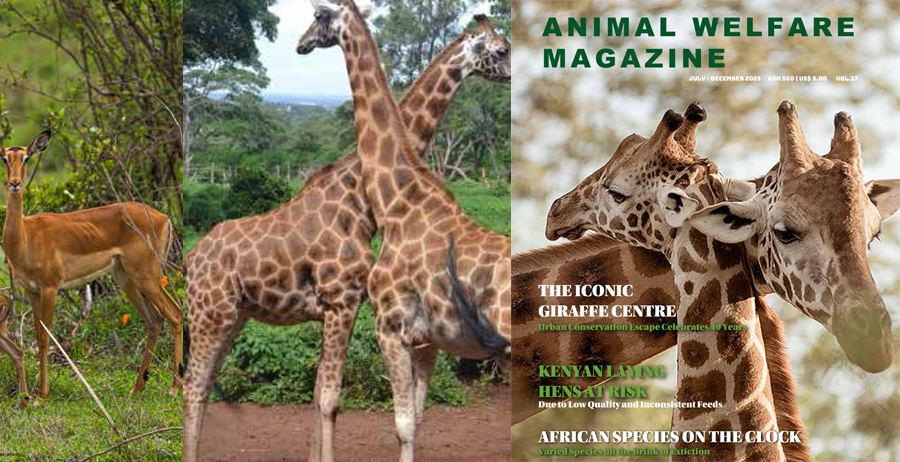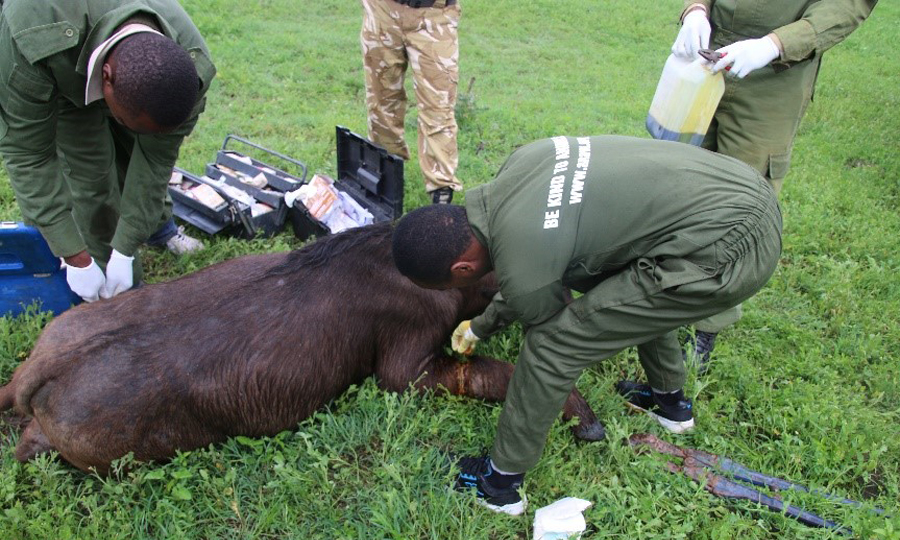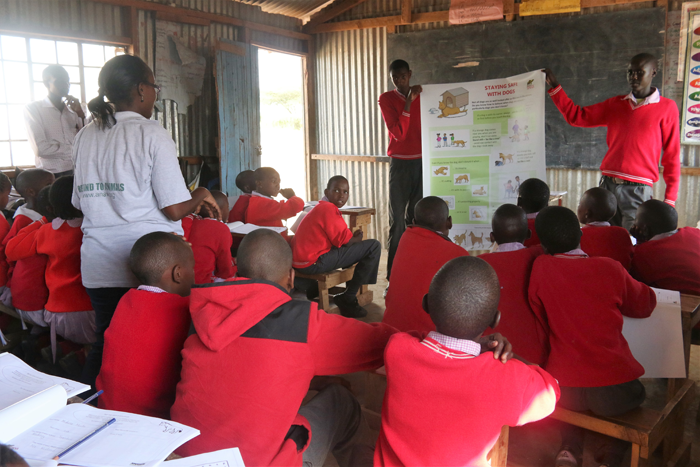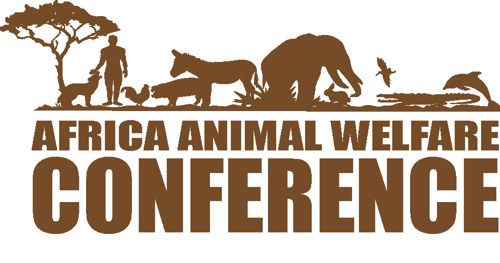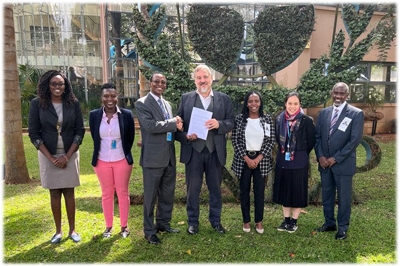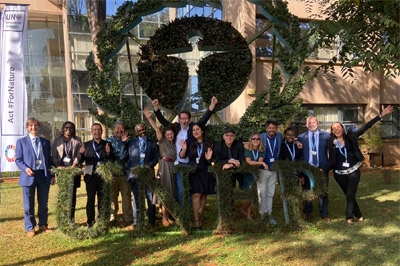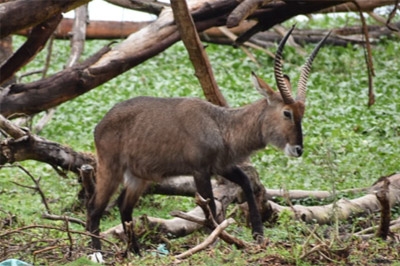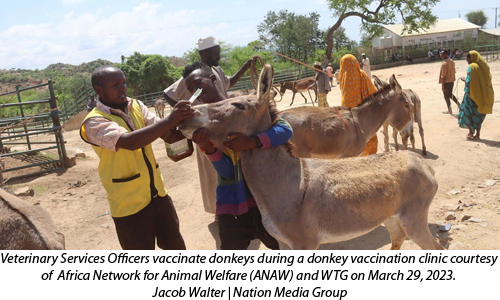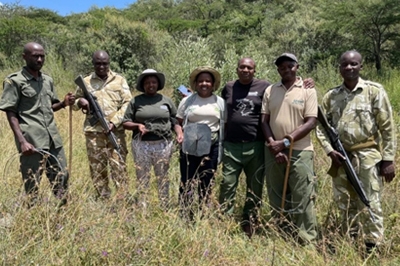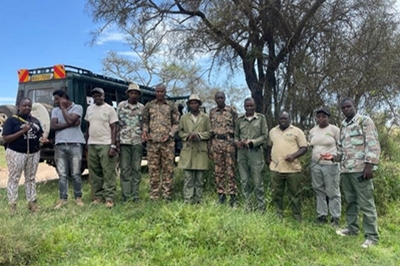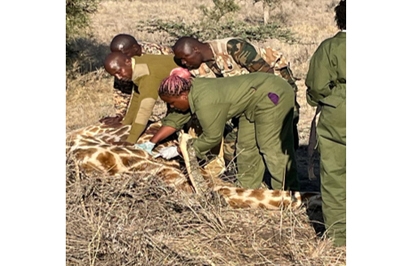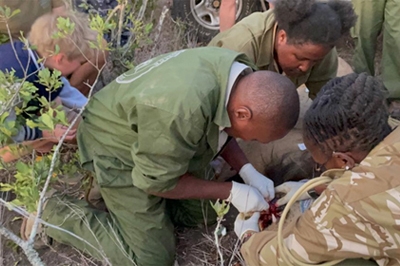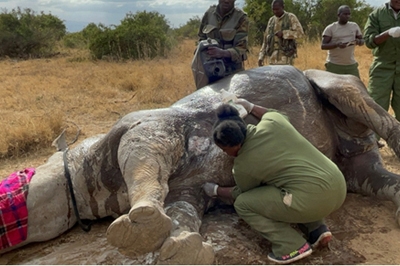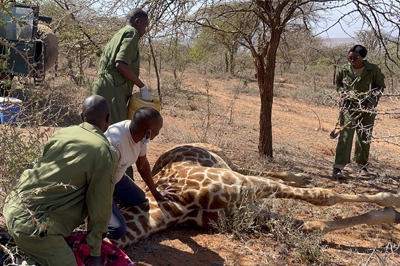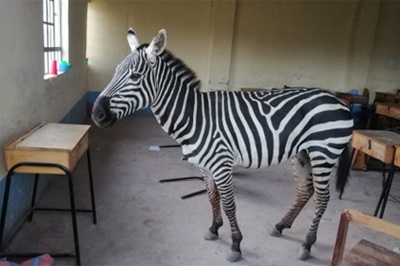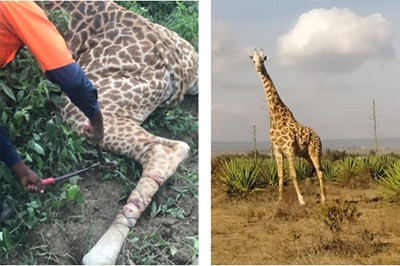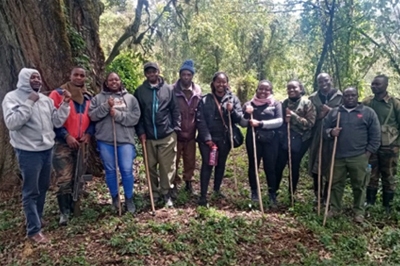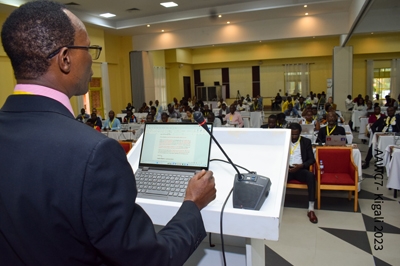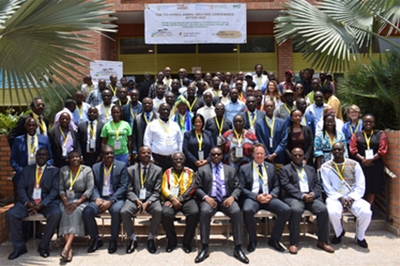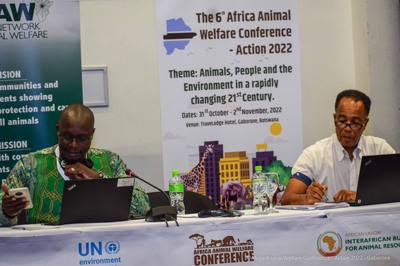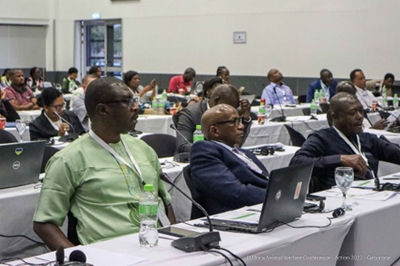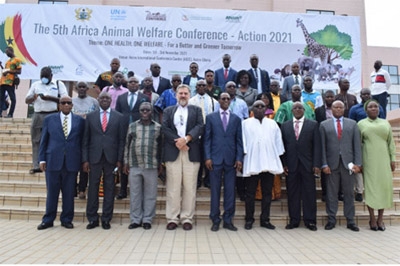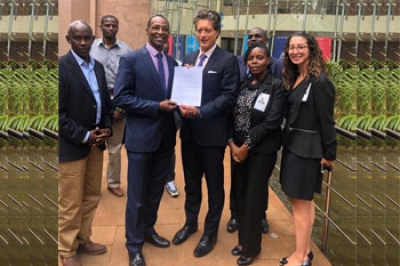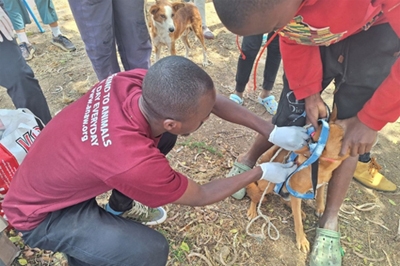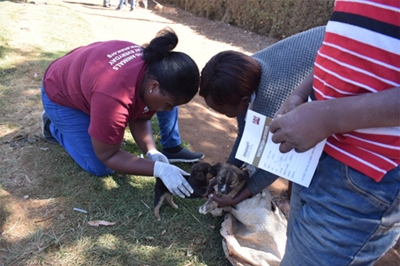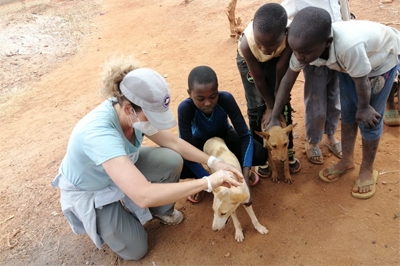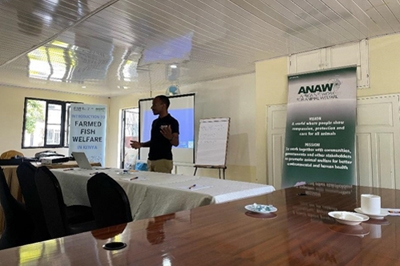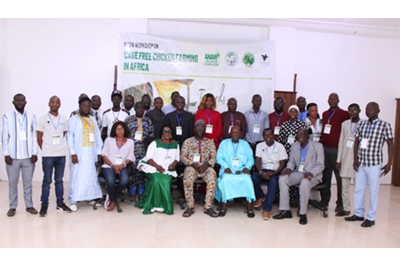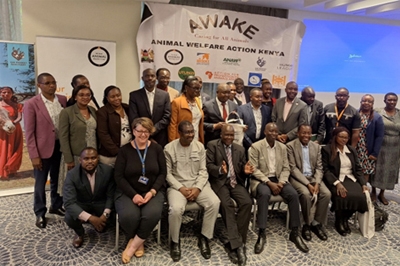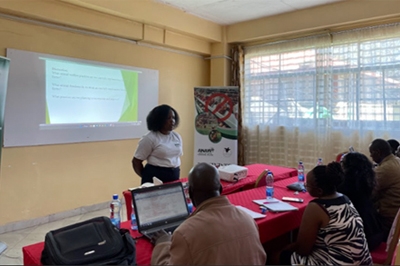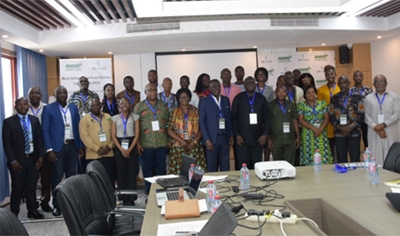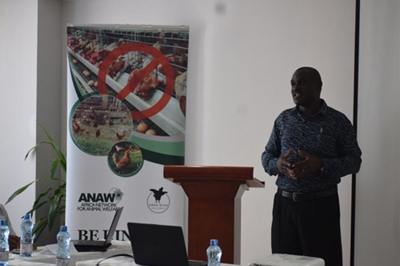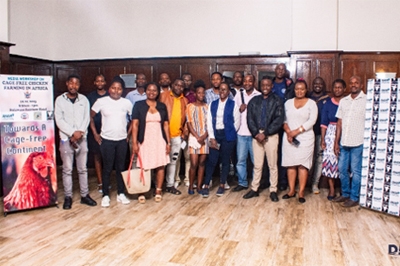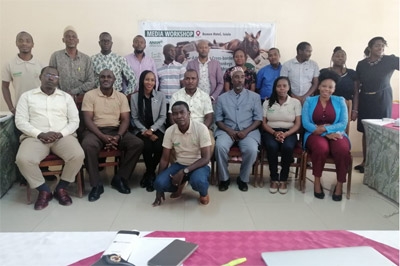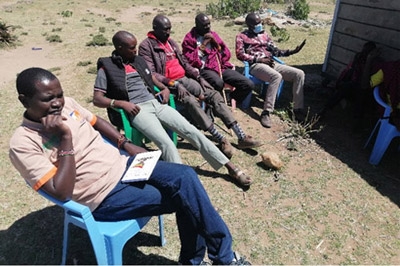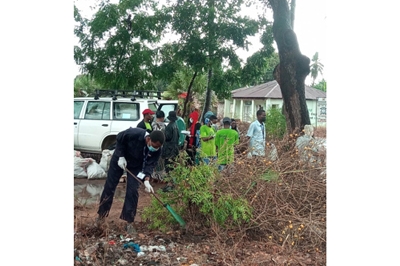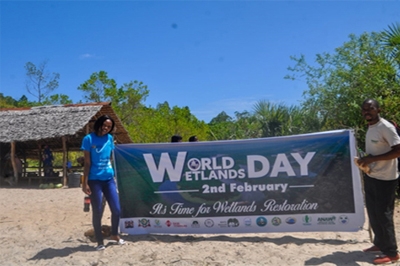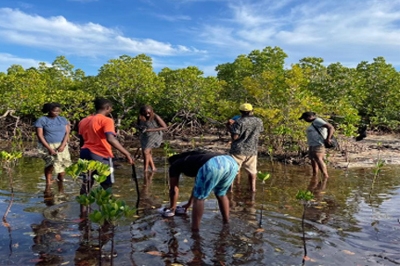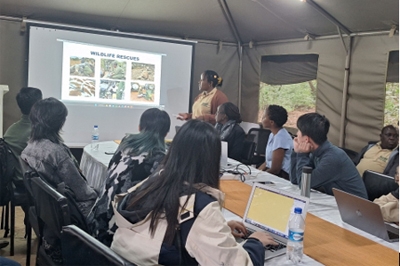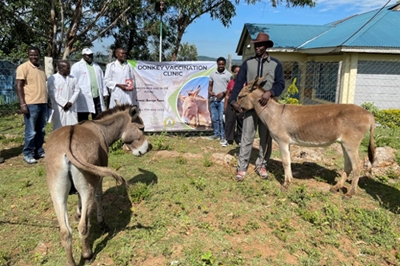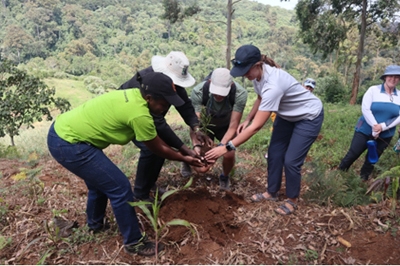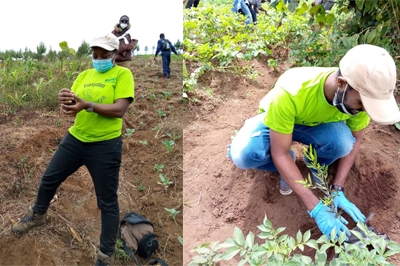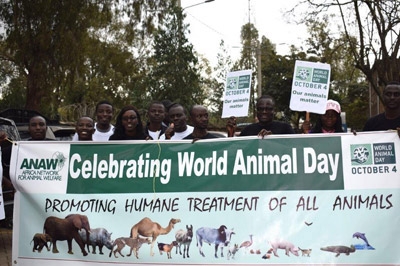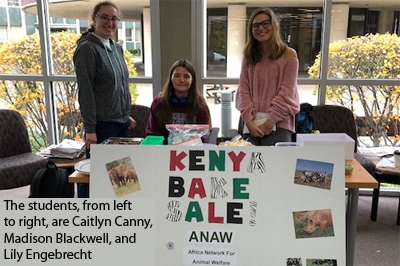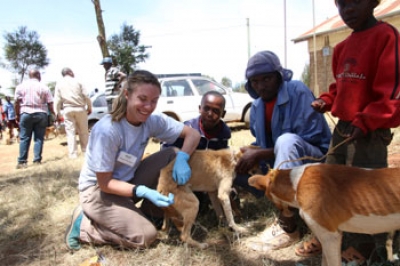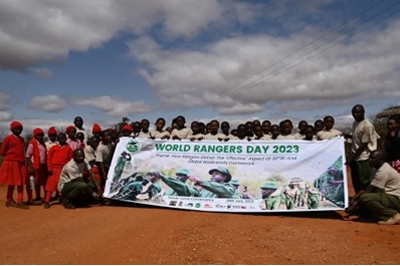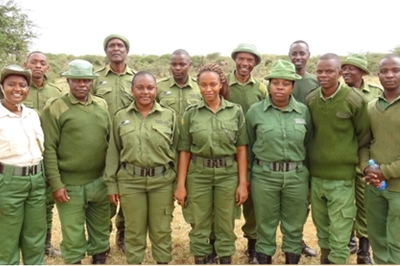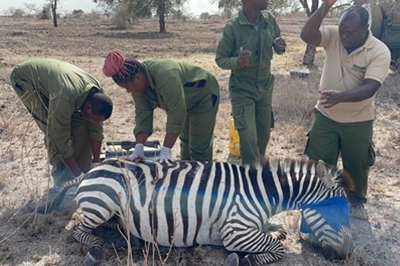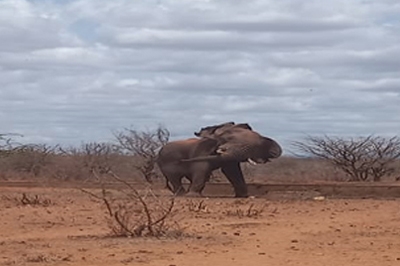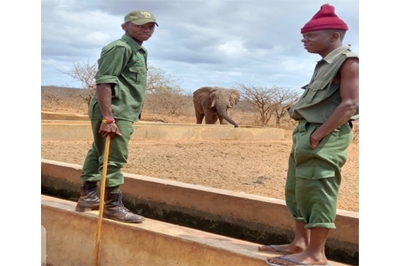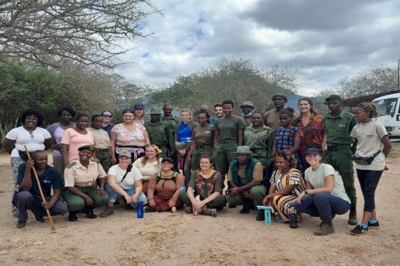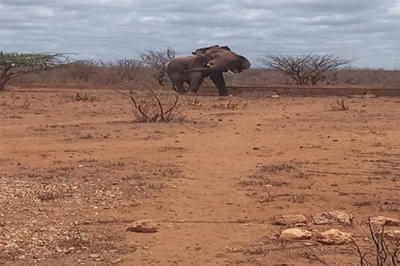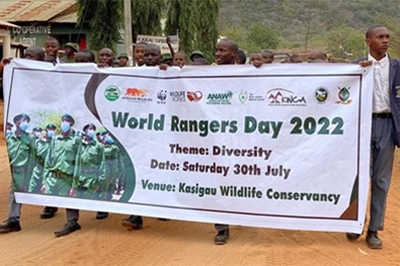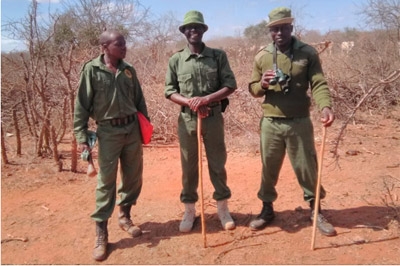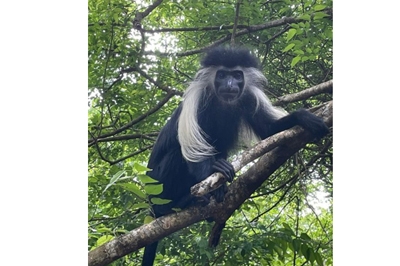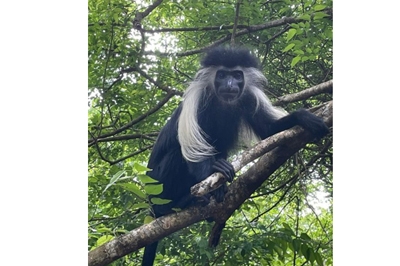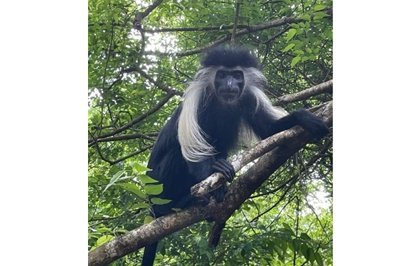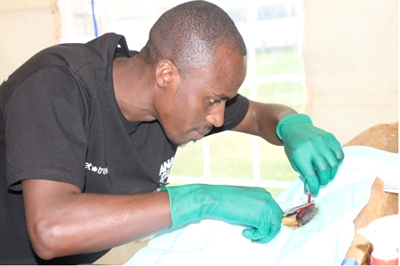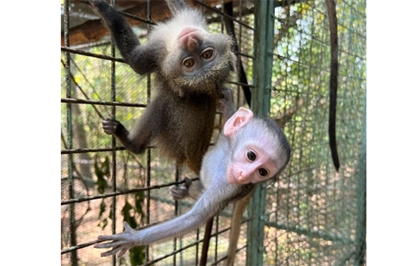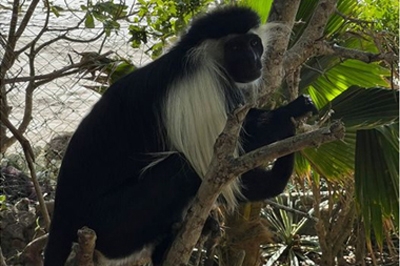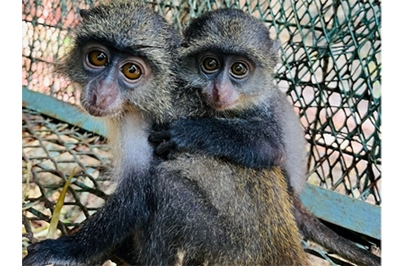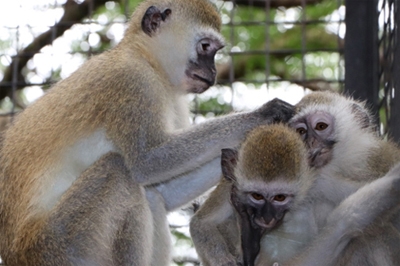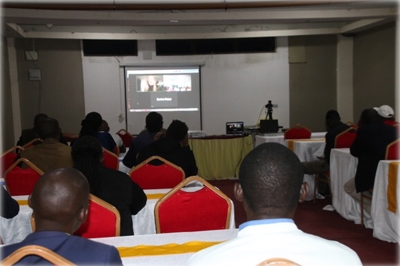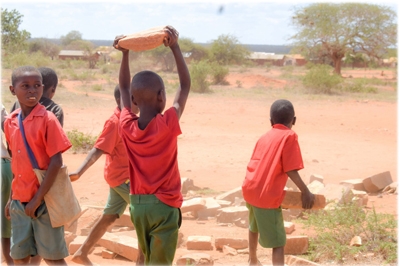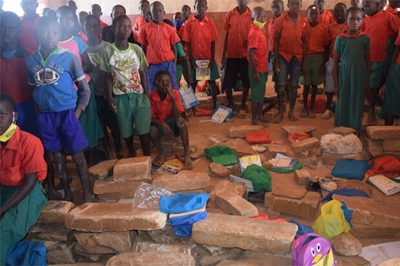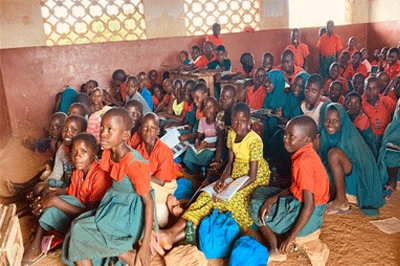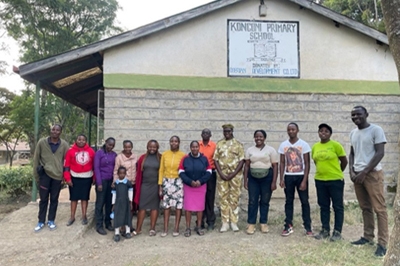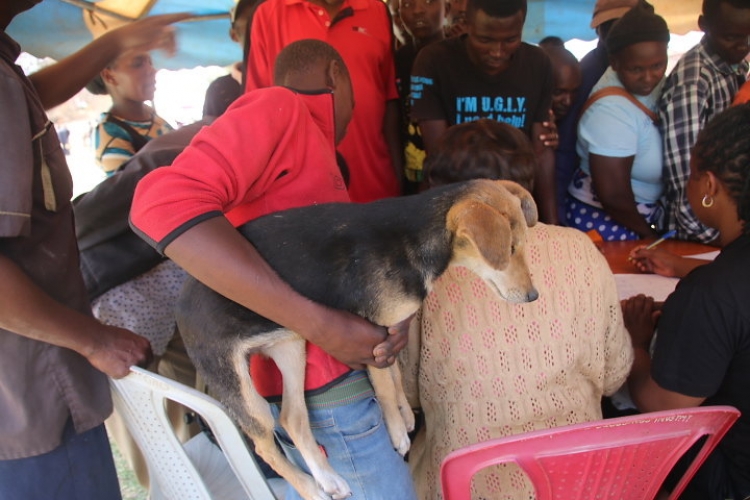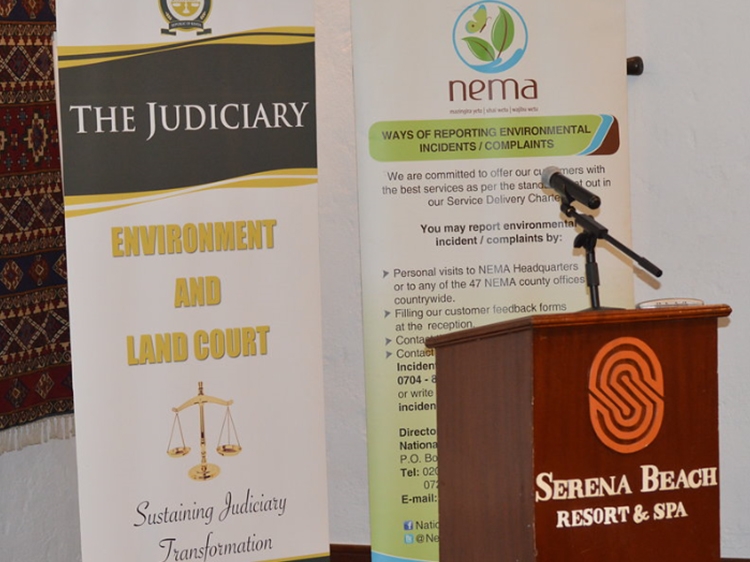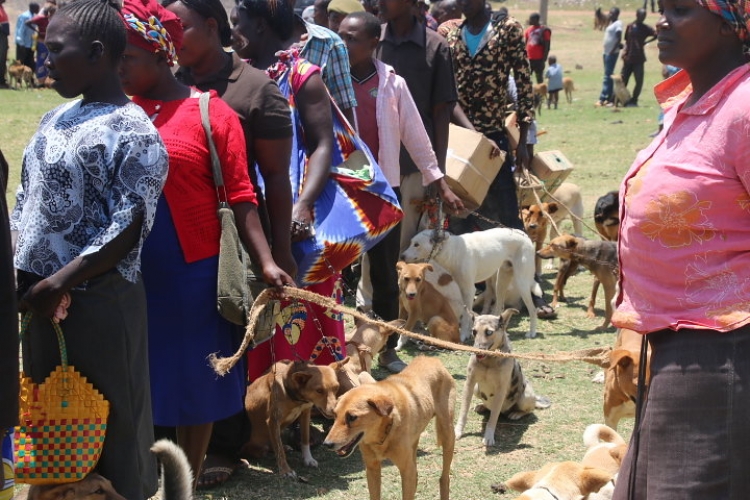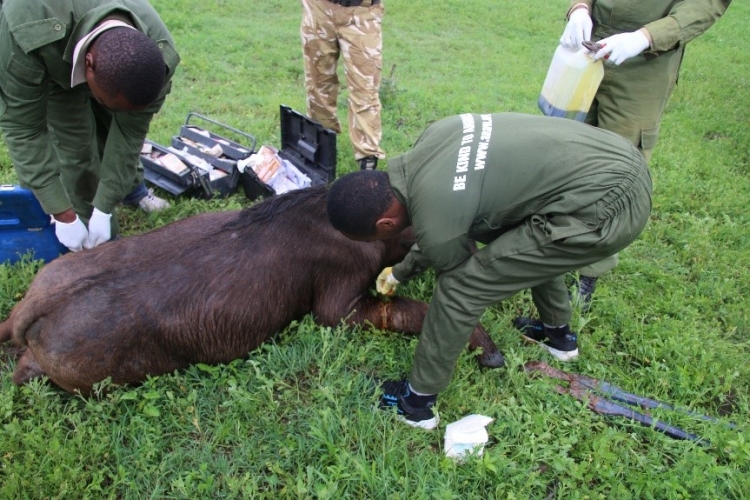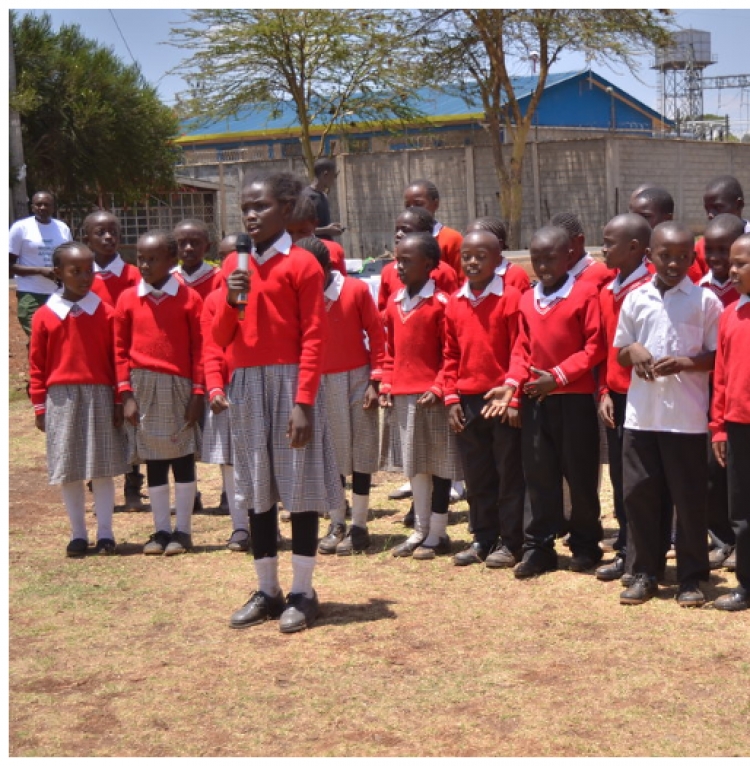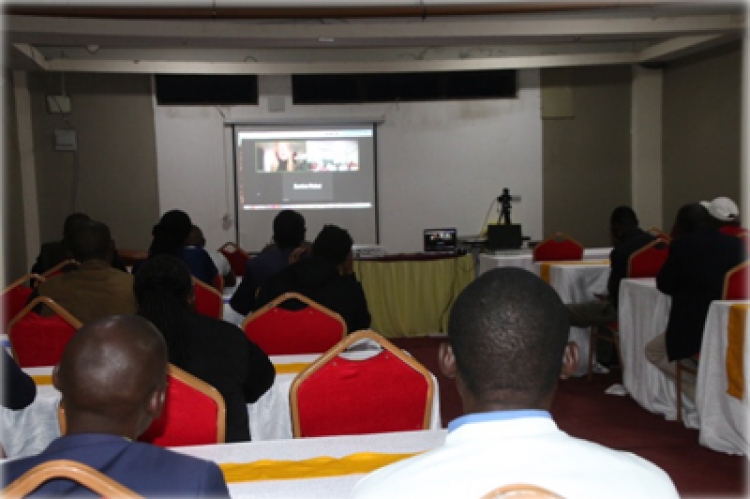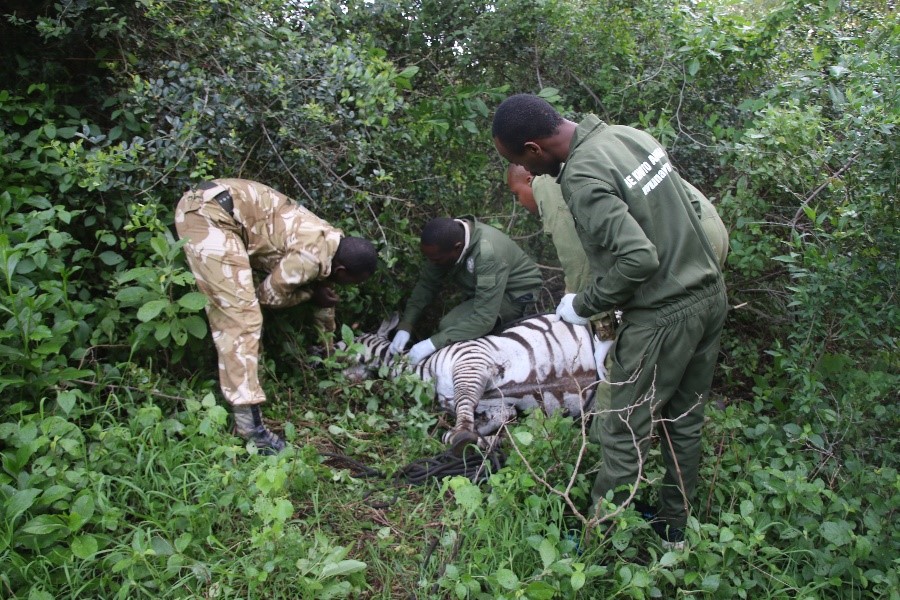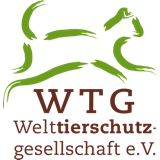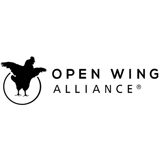 The Kenya Wildlife Service (KWS) Director-General Mr. Kitili Mbathi does not understand why the SGR cannot be built inside Nairobi National Park. Mr. Mbathi’s ignorance was apparent in his sentiments after receiving a copy of the first petition to President Uhuru against building the Standard Gauge Railway (SGR) across Nairobi National Park. He said that the Kenya Railways Corporation is conducting an Environment Impact Assessment (EIA) for consideration before commencing on Phase 2 of the SGR project. Mr. Mbathi seems naïve about the purpose of the EIA vis-à-vis the Park.
The Kenya Wildlife Service (KWS) Director-General Mr. Kitili Mbathi does not understand why the SGR cannot be built inside Nairobi National Park. Mr. Mbathi’s ignorance was apparent in his sentiments after receiving a copy of the first petition to President Uhuru against building the Standard Gauge Railway (SGR) across Nairobi National Park. He said that the Kenya Railways Corporation is conducting an Environment Impact Assessment (EIA) for consideration before commencing on Phase 2 of the SGR project. Mr. Mbathi seems naïve about the purpose of the EIA vis-à-vis the Park.
Building the SGR inside Nairobi National Park is simply wrong. The KWS endorsement for the SGR proposed re-alignment to pass through the Park contravenes the word and spirit of the Wildlife Conservation and Management Act of 2013 whose mandate is to “provide for the protection, conservation, sustainable use and management of wildlife in Kenya and for connected purposes”. Development of national infrastructure is not a form of land use espoused in the Act for wildlife protected areas. As a public amenity, Section 4 of the aforementioned Act demands for public participation before KWS considers a proposal of such a magnitude for parks. Meanwhile, Nairobi National Park has no valid management plan as stipulated in section 44 of the Wildlife Act. The proposal to construct the SGR through the Park would have been foreseen by the blueprint. KWS is subservient to the Wildlife Act and therefore cannot pretend to flaunt the statute that created the wildlife body in the first place.
Doing an EIA based on a wrong idea does not make the project right. Re-aligning the SGR to pass through Nairobi National Park is wrong. This cannot be rectified by doing an EIA. The proposal to construct the SGR outside the original railway corridor from Mombasa to Malaba town is therefore an act of impunity. The tendency to perceive national parks as land reserves for infrastructure development must be resisted and the trend discouraged in order to preserve the sanctity of national parks and respect the legal status of prime conservation areas in Kenya.
The KWS Director General is blinkered about the odds of building the SGR inside Nairobi National Park. With all due respect to his directorship, one finds it ridiculous for him to claim that the project -- to be built inside the park for about 7 kilometers -- will not interfere with the parks ecological system or tourism. He further contends that SGR will be built “over the park” and not “through the park”. The Director should understand that whether the proposal means building over the park or through the park, the construction is intended to be inside the park, which is undesirable – at the least. Nairobi National Park is a legally protected area just like any military barracks. You can never propose to build a road or railway over or through a military barracks.
The only mitigation for the Park against SGR is to build the railway outside the Park. Otherwise Nairobi National Park must be de-gazzetted in order to give the SGR a priority. Both cannot co-exist as their purposes are not related or interlinked.
For further information and clarification, please contact the undersigned.
Kahindi Lekalhaile
Director of Public Affairs
Africa Network for Animal Welfare
Tel:0727-234-447

